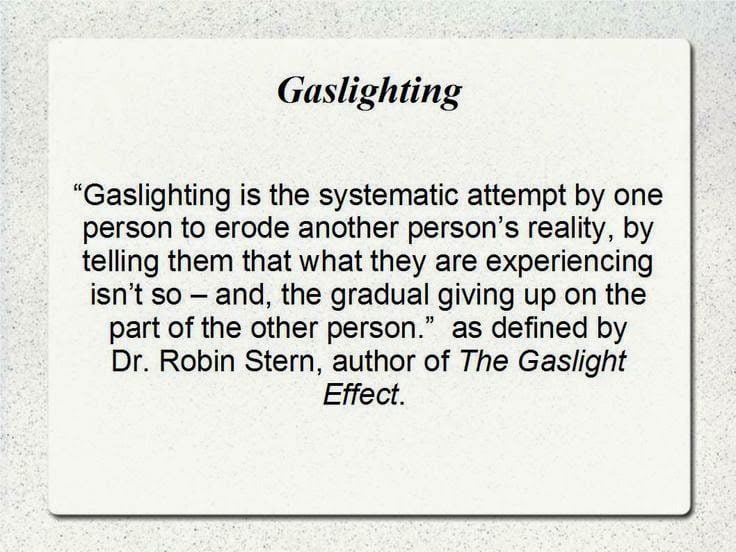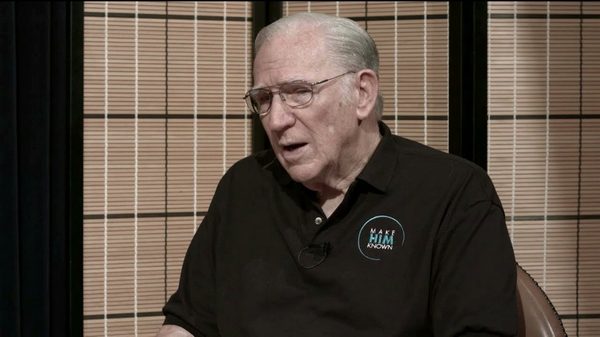 Life isn’t about “following our dreams/achieving our career aspirations” if you are a believer in the Lord Jesus Christ. His Lordship over our lives demands that we do what He has asked us to do and give Him the glory, not ourselves. If we are doing anything for our own glory, we are doing the wrong thing. Unfortunately, I fear that most women who pursue the dream of a career are doing so for the things they find are important while ignoring what God asks of them. The Lord God wants women to marry, bear children, and guide the home (1 Timothy 5:14). This is not only His will, but His best for Christian women. Being able to bear children and raise them for the Lord gives glory to the God and insures that another generation of godly offspring is born into the Kingdom of God. There is no higher calling upon a woman’s life, but that is not to say that God cannot or does not have other callings designed for women who never marry.
Life isn’t about “following our dreams/achieving our career aspirations” if you are a believer in the Lord Jesus Christ. His Lordship over our lives demands that we do what He has asked us to do and give Him the glory, not ourselves. If we are doing anything for our own glory, we are doing the wrong thing. Unfortunately, I fear that most women who pursue the dream of a career are doing so for the things they find are important while ignoring what God asks of them. The Lord God wants women to marry, bear children, and guide the home (1 Timothy 5:14). This is not only His will, but His best for Christian women. Being able to bear children and raise them for the Lord gives glory to the God and insures that another generation of godly offspring is born into the Kingdom of God. There is no higher calling upon a woman’s life, but that is not to say that God cannot or does not have other callings designed for women who never marry.
Getting an education and achieving career aspirations is far too often about giving glory to oneself. “What college are you going to, and what career path will you take?” are the common questions posed to most young Christian women, instead of asking the important question, “Have you given any consideration to what God clearly desires for Christian women?” Certainly if a woman is young and unmarried, she is free to pursue an education but as with everything in life she must count the cost. How many are in bondage to school debt and or feel trapped in careers and can’t quit when they have children? Don’t be at all fooled by the glitz and glamour and pleasures of this world. There is no free lunch, so now is the time to count the cost of a career.
“It seems that, and tell me if I’m wrong, that you’re placing a woman’s sole worth on bearing children and creating a happy marriage for her husband.” Her worth comes from the Lord and not from anything she does. He is the one who wants women to bear children and raise godly offspring. What can be more important than raising the next generation? If she can’t have children or she doesn’t get married, the Lord can still use her in powerful ways in the lives of others since we should spend our lives serving others and giving our lives away. Concerning marriage, the Word says, “She that is married cares for the things of the world, how she may please her husband (1 Corinthians 7:34). The Bible says the greatest of all is the servant of all. All Christian women should find a way to serve others and use their gifts to bring the Lord glory.
….
“What is wrong with a woman having those same things even if there is a man or child in the picture?” If she is married, her priority should be to her husband and being the best help meet to him she can. If she comes home every day after working full time and is too exhausted to fix him a good meal, unable to keep the home clean and tidy, and not available sexually, she should either work less or not at all. God calls women to be keepers at home, not men. He also created wives to be their husband’s help meet, not vice versa. This is God’s will for us and when roles are clearly defined, marriage works easier. If there is a child in the picture, she should be with that child full time since he/she needs and wants their mother.
….
Most women who just randomly find my blog have no idea why I teach what I teach. They mistakenly believe I am just thinking this all up on my own and sending women back 100 years. No, I am just teaching them to be a woman after God’s heart and not their own.
— Lori Alexander, The Transformed Wife, Should Women Have Career Aspirations?, October 12, 2016





 Please view expanded and updated post
Please view expanded and updated post 






